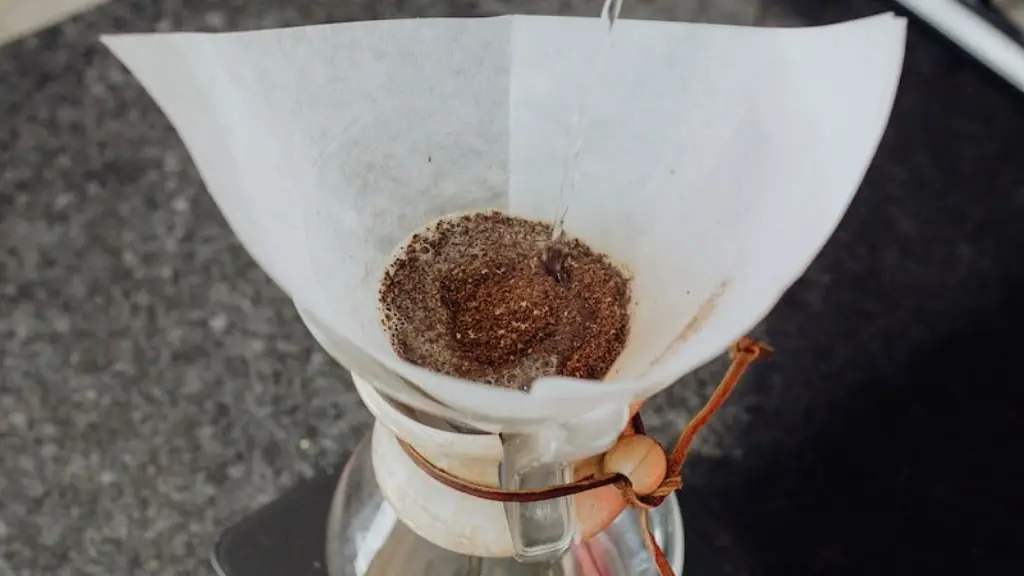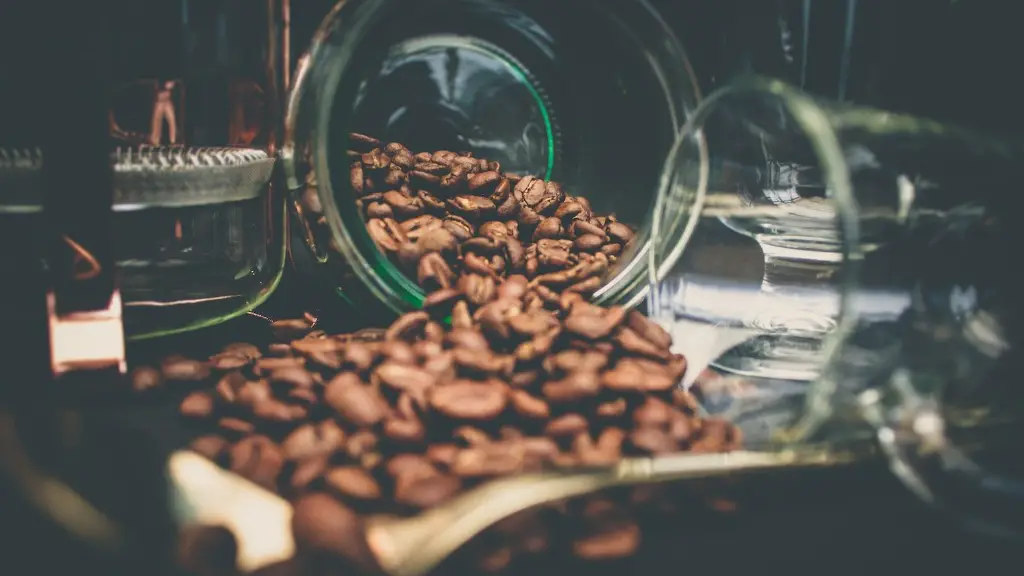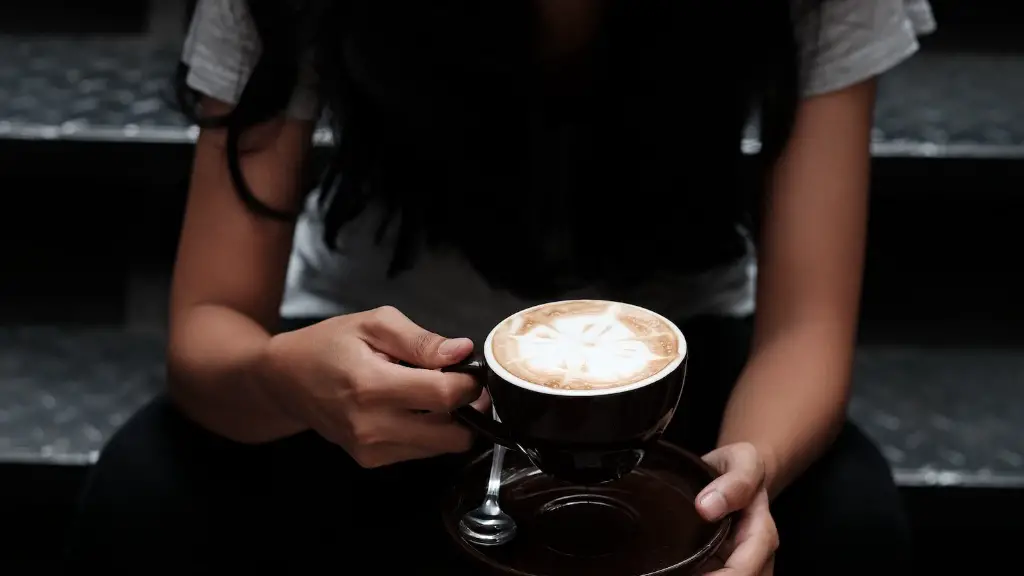As a social activity and social lubricant, alcoholic drinks are traditional, popular, and easy to come by. Coffee, on the other hand, is an energizing beverage with a wide variety of flavors and styles. Unfortunately, many people believe that it’s a good idea to drink coffee after consuming alcohol.
While coffee may appear to undo the effects of alcohol, this could not be further from the truth. In reality, coffee can make alcohol more dangerous. Caffeine’s stimulating effects mask the sedation and dehydration caused by alcohol, enabling more people to drink more quickly and increasing the risk of alcohol toxicity.
In addition, coffee can increase the rate at which alcohol is metabolized, resulting in a higher concentration of alcohol in the bloodstream and a more severe, longer hangover. Coffee also has diuretic effects, causing further dehydration, making it even harder to counteract the effects of alcohol.
According to experts in the field, the best way to reduce the effects of alcohol is to drink plenty of water and eat something before, during, and after drinking. Drinking coffee or energy drinks is not recommended, as it may contribute to dehydration and increase the risk of alcohol poisoning or poor decision-making.
No matter how tempting it may be to drink coffee after drinking alcohol, it is not a safe or recommended solution. Instead of drinking coffee to “sober up”, drink water or eat healthy snacks to help counteract the effects of alcohol. If you must drink coffee, avoid doing so in the evening or late at night, and limit your consumption to before midday or after meals.
Coffee and Hangover Symptoms
A hangover typically involves a combination of bodily sensations. These include headaches, nausea, fatigue, irritability, and dizziness. While drinking coffee may seem like a fast way to solve the physical symptoms, it will not overcome the deep fatigue that typically follows a night of drinking.
In fact, coffee can even worsen the headache and nausea symptoms of a hangover due to caffeine’s stimulating effects. Coffee can also cause rapid heartbeat and jitters, as well as exacerbate the dehydration caused by alcohol.
Further, people who drink coffee after drinking alcohol are likely to be unable to achieve full relaxation until much later in the day. This lack of proper sleep is only going to make the other hangover symptoms worse.
Given that coffee is not an effective solution to hangover symptoms, drinking coffee is not recommended after drinking alcohol.
Healthier Alternatives
Although drinking coffee to “cure” a hangover may seem like a logical solution, it is not the best way to address the hangover symptoms. As previously mentioned, the best way to counter the effects of alcohol is to drink plenty of water and eat something before, during, and after drinking. This will help to reduce the dehydration and alleviate the hangover symptoms faster.
In addition, eating a healthy breakfast or snack is beneficial to replenish the body and help it to process the alcohol more efficiently. If a hot beverage is preferred in the morning, herbal tea is a great alternative to coffee that can help hydrate the body and provide a sense of wellbeing.
Alcohol and Long-Term Wellbeing
In the long-term, consuming alcohol in excess can lead to various health problems. These include gastrointestinal irritation and inflammation, liver disease, and increased risk of certain cancers. Drinking coffee after alcohol consumption is not a solution for the long-term damage that can be caused by consuming alcohol in excess.
The best way to reduce the risks associated with alcohol use is to practice moderation and know when to stop. Keep track of how much you have been drinking, and limit yourself to no more than one or two drinks per day. If you find that you are unable to drink in moderation, then it is best not to drink at all.
Conclusion
Drinking coffee after drinking alcohol is not a safe or recommended solution. Coffee can mask the sedation and dehydration caused by alcohol, and can increase the rate at which alcohol is metabolized, leading to more severe long-term health consequences. To counter the effects of alcohol, drink plenty of water and eat something before, during, and after drinking. If a hot beverage is needed in the morning, try a warm cup of herbal tea.


